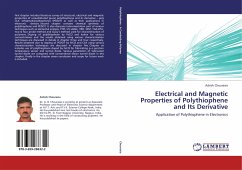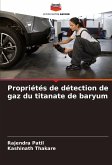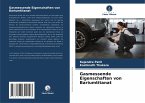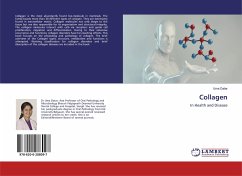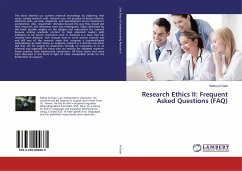Barium titanate (BaTiO3: BT) is an important potential material mainly because of its ferromagnetic response, high dielectric constant and wide band gap which are very useful in electronic applications. Because of its high electrical permittivity and small losses it is good material for multilayer ceramic capacitor (MLCC). A typical pervoskite ferroelectric Barium titanate (BaTiO3) have been prepared by a variety of technique such as Mechano-chemical synthesis, sol-gel method, spray pyrolysis and solvothermal /hydrothermal reaction. The hydrothermal method is both promising and encouraging because of the low process temperature and very easy to exercise control over the particle size. The hydrothermal process have various advantages over other growth process such as use of simple equipment, catalyst free growth, low cost, large and uniform production, eco-friendly and finally less hazardous. The additional advantages of hydrothermal synthesis for the preparation of nano-sized BaTiO3 are i) gives fine particles and narrow size distribution, ii) Produces crystalline BaTiO3, iii) less contamination and iv) Various morphologies are obtained.
Bitte wählen Sie Ihr Anliegen aus.
Rechnungen
Retourenschein anfordern
Bestellstatus
Storno


